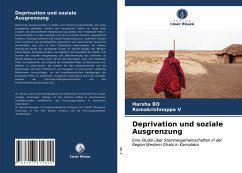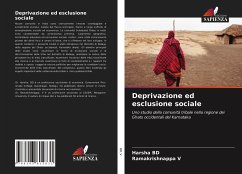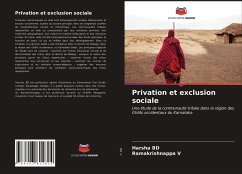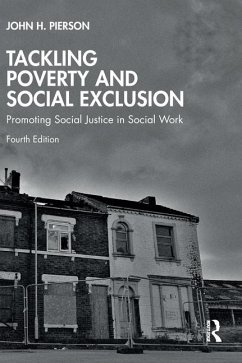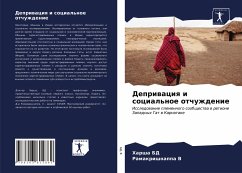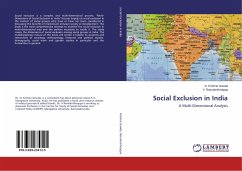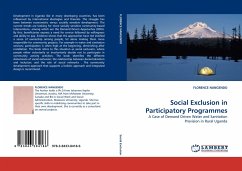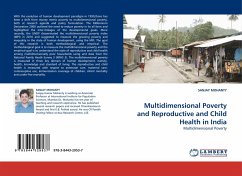
Deprivation and Social Exclusion
A Study of Tribal Community in Western Ghats Region of Karnataka
Versandkostenfrei!
Versandfertig in 6-10 Tagen
53,99 €
inkl. MwSt.

PAYBACK Punkte
27 °P sammeln!
Certain communities in India have historically remained disadvantaged and socially excluded. Isolated from the main stream, they have long suffered social and economic marginalization. The Scheduled Tribes communities in India are characterized by primitive existence, geographical isolation, educational backwardness and socially excluded. Further, they have been historically deprived of the basic physical and human entitlements, which are reflected in their development. Against this background, the present study was undertaken in Kodagu district of Western Ghats Region, Karnataka (India). The ...
Certain communities in India have historically remained disadvantaged and socially excluded. Isolated from the main stream, they have long suffered social and economic marginalization. The Scheduled Tribes communities in India are characterized by primitive existence, geographical isolation, educational backwardness and socially excluded. Further, they have been historically deprived of the basic physical and human entitlements, which are reflected in their development. Against this background, the present study was undertaken in Kodagu district of Western Ghats Region, Karnataka (India). The main objectives of the study are: to examine forms of social exclusion and discrimination of Tribes in Kodagu district; to analyse the nature of deprivation among Scheduled Tribes; to examine the scheduled tribes access to resources and markets; to examine livelihood sources and income-expenditure relationships; to suggest policy measures to improve the socio-economic conditions of scheduledtribes. Overall, this book point out the important aspects of tribal sub-communities and their problems/challenges.



